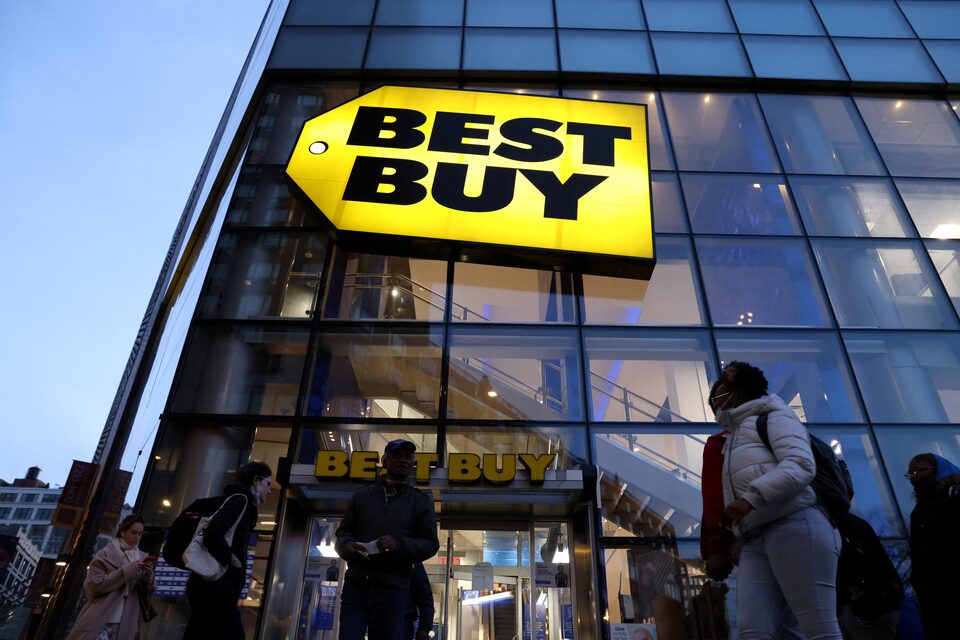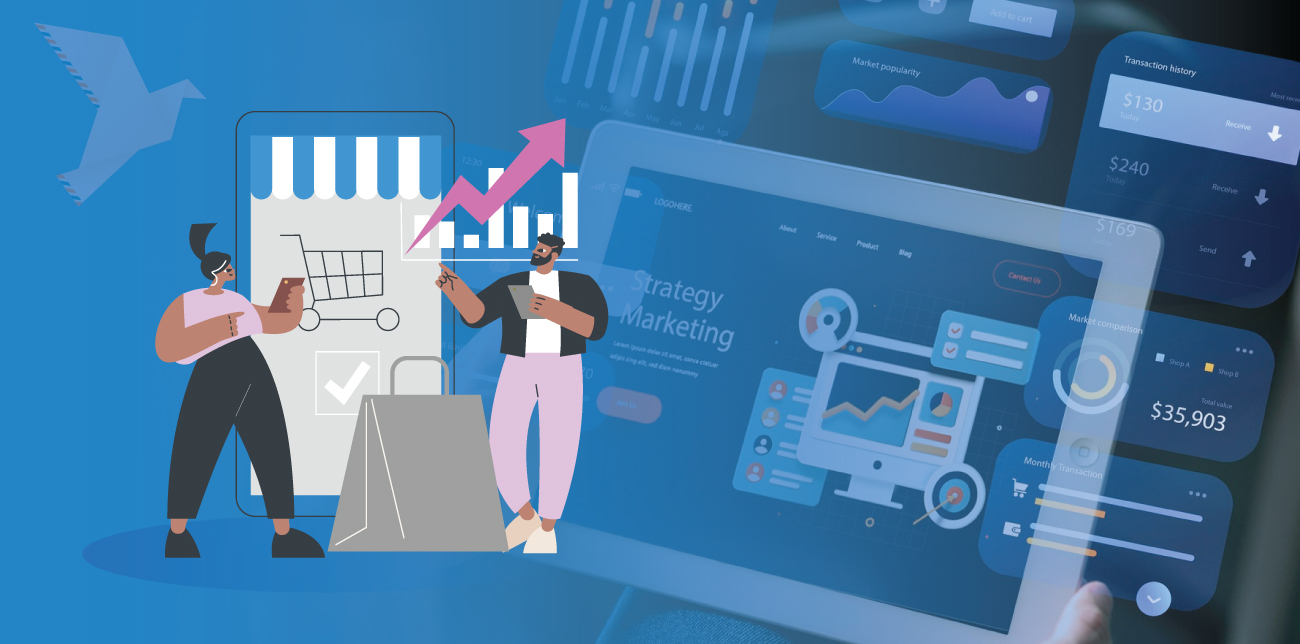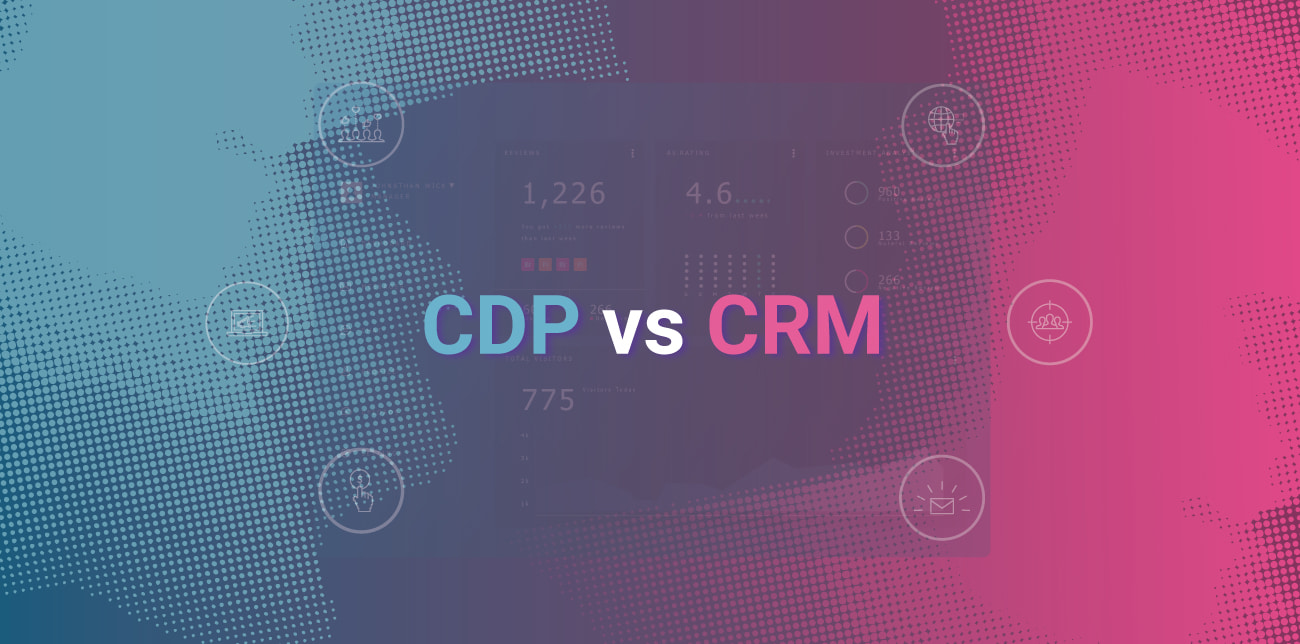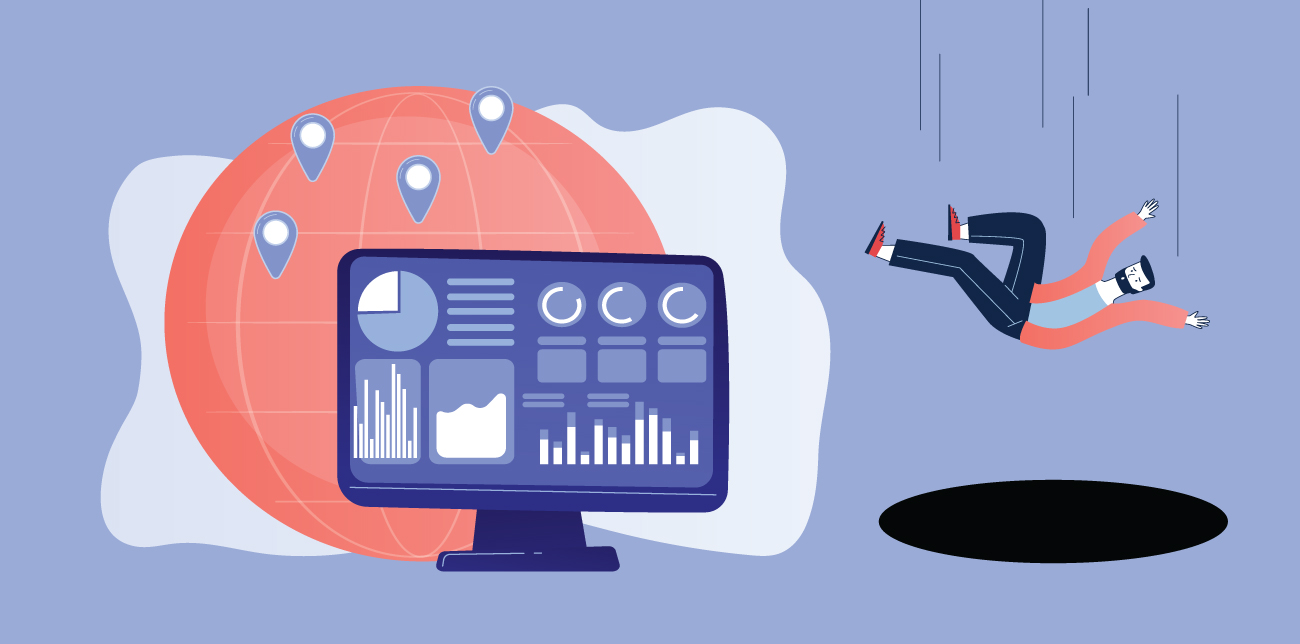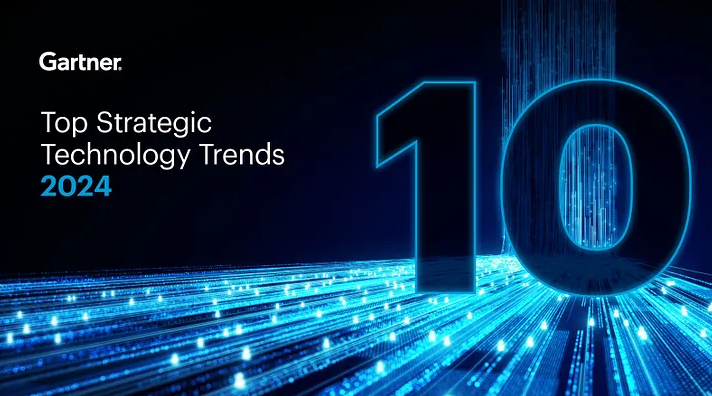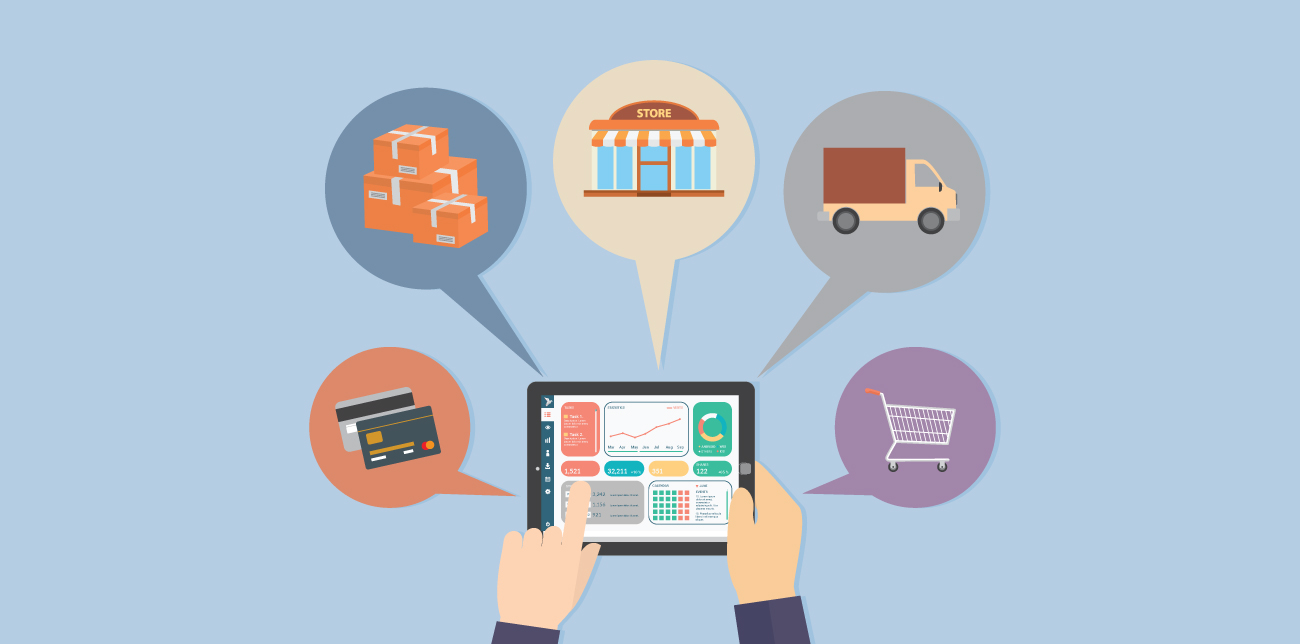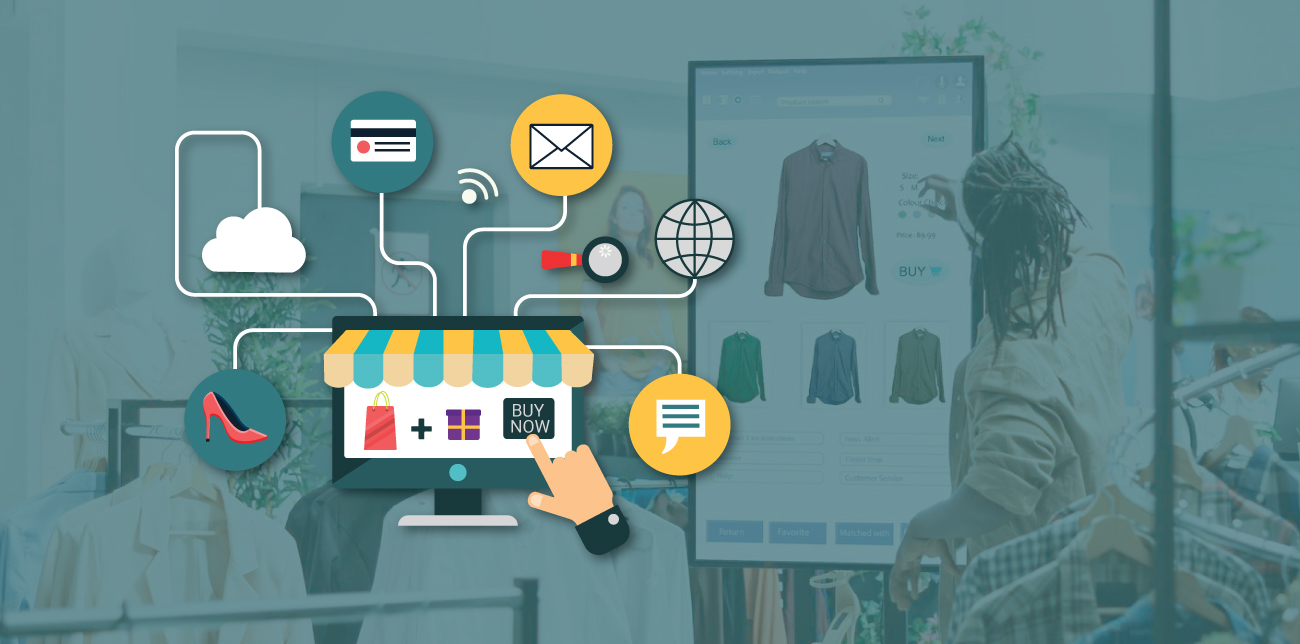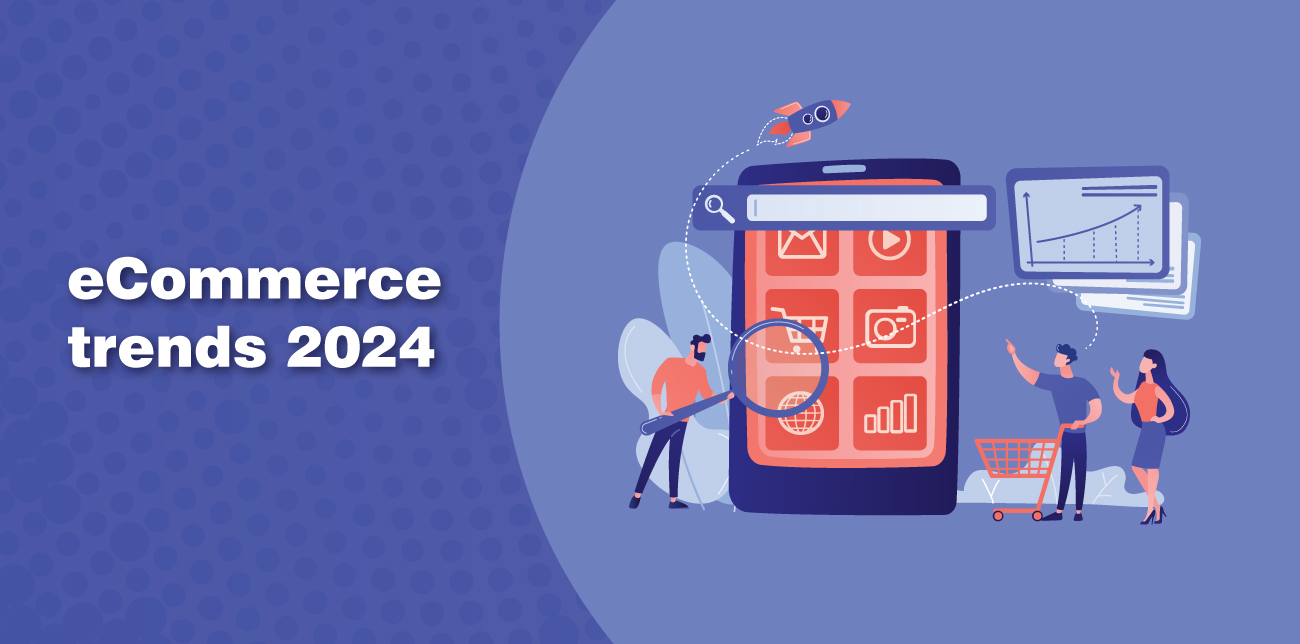In the omnichannel customer engagement mix, personalized push notifications have emerged as indispensable tools for addressing customers and driving conversions. Personalization revolutionizes the way retailers interact with their audience, with 80% of customers deeming it appropriate for brands to collect historical data to improve their services. Customizing messages based on user behavior, preferences, and demographics transforms generic alerts into compelling invitations, offering customers relevant content at the right time through their favorite devices. By leveraging data analytics and segmentation strategies, retailers can achieve push notification personalization that captures attention and inspires action. The importance of implementing retail push notification best
Omnichannel Cart Abandonment Strategy: A 360° Guide for Retailers
With the rise in online shopping, cart abandonment poses a significant challenge for eCommerce retailers. On average, more than 70% of shoppers abandon their carts before completing a purchase. Implementing an omnichannel cart abandonment strategy enables retailers to recover some of these lost sales. Retailers embracing this approach utilize multiple channels to re-engage customers who have left their website without completing their purchase. An omnichannel cart abandonment strategy helps retailers address common reasons for cart abandonment and entices customers back in. Potential customers exposed to retargeting ads are 70% more likely to return to a retailer’s site and finalize their transaction. Omnichannel
Omnichannel Segmentation Strategy: A 360o Guide for Retailers
Unlike traditional single-channel strategies, an omnichannel approach integrates various channels seamlessly to provide customers with a cohesive and personalized shopping experience across online and offline platforms. Omnichannel customers tend to spend an additional 4% on each visit to the physical store and a noteworthy 10% surplus in online purchases compared to customers who utilize only one channel. This approach demonstrates that implementing an omnichannel segmentation strategy is paramount for success, recognizing that modern consumers interact with brands through multiple touchpoints. By adopting an omnichannel segmentation strategy, retailers can gain deeper insights into customer behavior and preferences across different channels. This
Best Buy Marketing Strategy: Becoming the Largest US Consumer Electronics Retailer
Best Buy isn’t just a consumer electronics giant; it’s a data-driven retail leader. Beyond the iconic blue and yellow stores, their success hinges on a sophisticated marketing strategy fueled by customer insights. By combining a data-driven approach with a strong omnichannel presence, Best Buy has transformed its marketing mix into a competitive advantage. Their success serves as a blueprint for other retailers seeking to thrive in today’s dynamic market. This case study delves into the significant impact of Best Buy’s marketing initiatives, highlighting their role in driving the company’s remarkable success. Impressive Figures By the end of 2023, Best Buy
Monetizing Retail Customer Analytics: 10 Actionable Best Practices
In today’s dynamic retail landscape, understanding customer behavior is no longer a luxury, it’s a necessity. The pressure to deliver targeted messaging and product recommendations is undeniable. According to GlobeNewswire, the Retail Analytics Market Size is projected to reach USD 40.4 Billion by 2032. This significant growth indicates a rising demand for solutions that unlock customer insights. This is where retail customer analytics comes in. By systematically analyzing customer data across touchpoints, retailers can gain a comprehensive view of purchasing patterns and unlock a wealth of opportunities for optimization and growth. Through advanced analytics and algorithms, retailers can uncover hidden
The 30 Best Retail Personalization Stats [2024]
The dynamic and competitive world of retail has proven that staying ahead of the curve is imperative for brands looking to thrive in 2024. Central to this endeavor is the art of personalization, a strategy that has become indispensable for captivating consumers and driving business success. As we dive into the deep waters of retail personalization statistics, we’ll uncover compelling insights that underscore its profound impact on both customer experience and bottom-line results. Personalization involves analyzing past behavior to develop marketing messages, special offers, and product suggestions that appeal to each customer and improve their chances of making a purchase.
CDP vs CRM: Differences and Key Benefits For Retailers
In today’s data-driven retail environment, understanding your customers is no longer a nicety but a necessity. This is where two powerful tools come into play: Customer Relationship Management (CRM) and Customer Data Platform (CDP). While both offer valuable functionalities and are often used interchangeably, they serve distinct purposes and cater to different aspects of the customer journey. As retailers navigate the digital frontier, comprehending the nuances between CDPs and CRMs becomes increasingly crucial. This blog post aims to shed light on the fundamental disparities, comparing CDP vs CRM, offering a comprehensive guide to help retailers make informed decisions about their
CDP Pitfalls for eCommerce Businesses
In the Gen-AI era, a customer data platform (CDP) is a crucial asset for scaling retailers. CDPs empower retailers to analyze data from disparate sources, generating valuable insights that inform personalized marketing campaigns. This allows retailers to target the right customer with the right message on their preferred channel. According to McKinsey & Company, personalization achieved through CDP utilization can lead to an average revenue increase of 10%. However, implementing a CDP comes with potential challenges. Businesses must be mindful of the costs associated with incorrect data analysis, as Gartner estimates this can cost an average of $12.9 million per
Gartner Trends 2024: How a Retailer Can Turn Them Into Growth
With the speed at which technology evolves, it can be difficult for retailers to keep up with what is best for their business. Some tech can revolutionize eCommerce, while other innovations are a fad. Thankfully, Gartner stays on top of the latest technologies and releases an annual trends report to save retailers time sifting through new developments, the Gartner Trends 2024. This annual report serves as a compass for enterprises and IT leaders, navigating the dynamic currents of innovation and offering a glimpse into the transformative trends that will shape the digital landscape. As a global research and advisory company,
The 55 Best Omnichannel Statistics for Retailers
Welcome to the future of retail, where the intersection of technology and consumer behavior has given rise to a new reality that demands adaptability and innovation. In the commerce and eCommerce ecosystem, omnichannel strategies have emerged as a game-changer, reshaping how retailers connect with their customers. In 2024, the significance of omnichannel retailing cannot be overstated, as consumers seamlessly transition between online and offline channels. Thus, the need for a cohesive and integrated approach has never been more pressing. In this blog post, we delve into 55 crucial omnichannel statistics for retailers, exploring the vital role these strategies play in
Mastering Omnichannel Inventory Management: Strategies for Seamless Retail Operations
Mastering omnichannel inventory management has become a strategic imperative for retail businesses aiming to deliver a seamless and consistent experience to their customers. Companies opt for integrated order processing in their inventory systems to achieve a 25% boost in productivity, optimize space usage by 20%, and enhance stock utilization efficiency by 30%. This holistic approach involves optimizing inventory across diverse channels, from physical stores to online platforms, ensuring that customers can access accurate product information, check availability, and make purchases effortlessly. The significance of omnichannel inventory management lies in its ability to provide real-time visibility into inventory levels, enabling retailers
Choosing The Right Customer Data Platform (CDP) for eCommerce
In an era where data reigns, the ability to navigate and utilize this valuable resource could very well be the differentiator that propels an eCommerce brand ahead in the competitive arena. According to a study by Invesp 56% of e-consumers are more likely to return to a site that delivers personalized product recommendations. This dramatic ROI expectation underscores the power of CDPs to transform customer data into actionable insights. This blog post delves into the essentials of Customer Data Platforms, guiding e-commerce executives in selecting the perfect CDP tailored to their unique needs. Table of Contents > Choosing a customer data
Mastering CDP Strategies: A Comprehensive Guide for 2024
With the always-changing data privacy laws and the eventual phasing out of third-party tracking, retailers need a better way to manage their customer data. Customer data platforms (CDPs) offer an excellent solution. CDP revenue exceeded $2 billion in 2023 and continues to rise as businesses of all types develop new strategies for targeting potential customers without compromising their personal data. Solid CDP strategies give eCommerce businesses and other retailers the tools they need to leverage first-party data and continue developing successful marketing campaigns that target the right audience. CDP strategies include using existing data to create personalized offers or to decide
Omnichannel Retail: All You Need to Know for 2024
In 2024, an omnichannel strategy is not just a trend; it’s a guiding principle reshaping the foundations of digital marketing and generating 80% of in-store visits. In dynamic retail, the term “omnichannel” has transformed from a mere buzzword to a strategic imperative, and understanding this robust evolution is paramount. Picture this: a consumer seamlessly transitioning from an engaging Instagram post to an in-store experience, all while expecting a personalized journey. This transition is the essence of omnichannel retail, and its importance cannot be overstated. In this article, we’ll unravel the intricacies of omnichannel retail, shedding light on key insights that
Email Personalization Guide: Strategies and Tactics That Work
With a resounding 89% of marketers acknowledging the positive impact of personalization on their campaigns, the significance of email personalization in the realm of digital marketing cannot be overstated. This statistic serves as a testament to the effectiveness of tailoring content to individual preferences. Email personalization emerges as the secret weapon in the arsenal of email marketing, capturing and maintaining the attention of the modern consumer. Notably, 47% of customers express a predilection for brand emails that consistently deliver relevant and customized messages, reinforcing the pivotal role of personalized content in engaging audiences. In this article, we delve into the
What Is a Customer Data Platform, and Why Does a Retailer Need One?
In the modern age of retail marketing, the adoption of Customer Data Platforms (CDPs) has witnessed a remarkable surge, with a notable $2.3 billion in revenue generated in 2023—an upward trajectory expected to persist. As businesses increasingly recognize the pivotal role of personalized marketing in meeting customer expectations, the imperative to invest in CDPs has become more pronounced. These platforms serve as the linchpin, seamlessly integrating diverse digital channels and vast volumes of customer data into a unified, comprehensible repository. Navigating this guide will empower readers with insights into the transformative benefits of CDPs that await. Moreover, this blog post
20 Top eCommerce Trends to Watch in 2024
As we are about to enter 2024, staying in touch with the latest eCommerce trends is paramount, especially for retailers and industry leaders wishing to advance in this volatile market. In this never-ending fight, the integration of cutting-edge technologies accelerates overall technological advancement and catalyzes bringing brands closer to consumers. By understanding and incorporating these trends, businesses can leverage hyper-personalization strategies and employ omnichannel engagement, creating a seamless and immersive customer experience. The article seeks to empower readers with insights into the transformative capabilities of emerging technologies, equipping them with the knowledge needed to stay competitive in an era where
Temu Marketing Strategy: A Case Study of the Trending eCommerce Star
Anyone browsing social media has probably seen a series of curated ads from Temu filled with product suggestions based on their search history. Founded in 2022, the Boston-based company has garnered 50 million downloads, surpassing the popularity of Amazon. The brand works with multiple suppliers and manufacturers to deliver steep discounts and fast-shipping discounted goods directly to consumers. But how was the Temu marketing strategy built, and why did it become a trending eCommerce sensation? The key lies in social commerce, influential marketing, and heavily personalized targeted ads. These ads, coupled with an effective loyalty program, have helped the company achieve
Customer Profiles for Retailers: Analysis, Examples, and Best Practices to Increase Retention
As consumer preferences continue to evolve at an unprecedented pace, the retail world becomes increasingly saturated. Retailers find themselves navigating a complex maze of choices to stay relevant, and understanding their customers has never been more crucial. Enter the realm of customer profiles —a strategic tool that transcends traditional demographics and delves into the intricate nuances of individual buying behavior. In this realm, data meets personalization to create a winning formula for sustained customer loyalty. Customer profiles are critical in creating omnichannel customer engagement strategies that resonate with a retailer’s target audience. They allow marketers to understand their ideal customers
The 24 Best eCommerce Retail Case Studies Worth Reading
In the fast-paced world of retail and eCommerce, staying ahead of the game is not just a goal; it’s the lifeline of our industry. For seasoned retail executives, inspiration often comes from the experiences and successes of industry giants who paved the way with their innovative thinking and managed to thrive through thick and thin. That’s why we’re excited to bring you an exclusive collection of the 30 best eCommerce case studies meticulously curated to provide you with a wealth of insights and ideas to fuel your strategies. These case studies are more than just success stories; they are beacons



